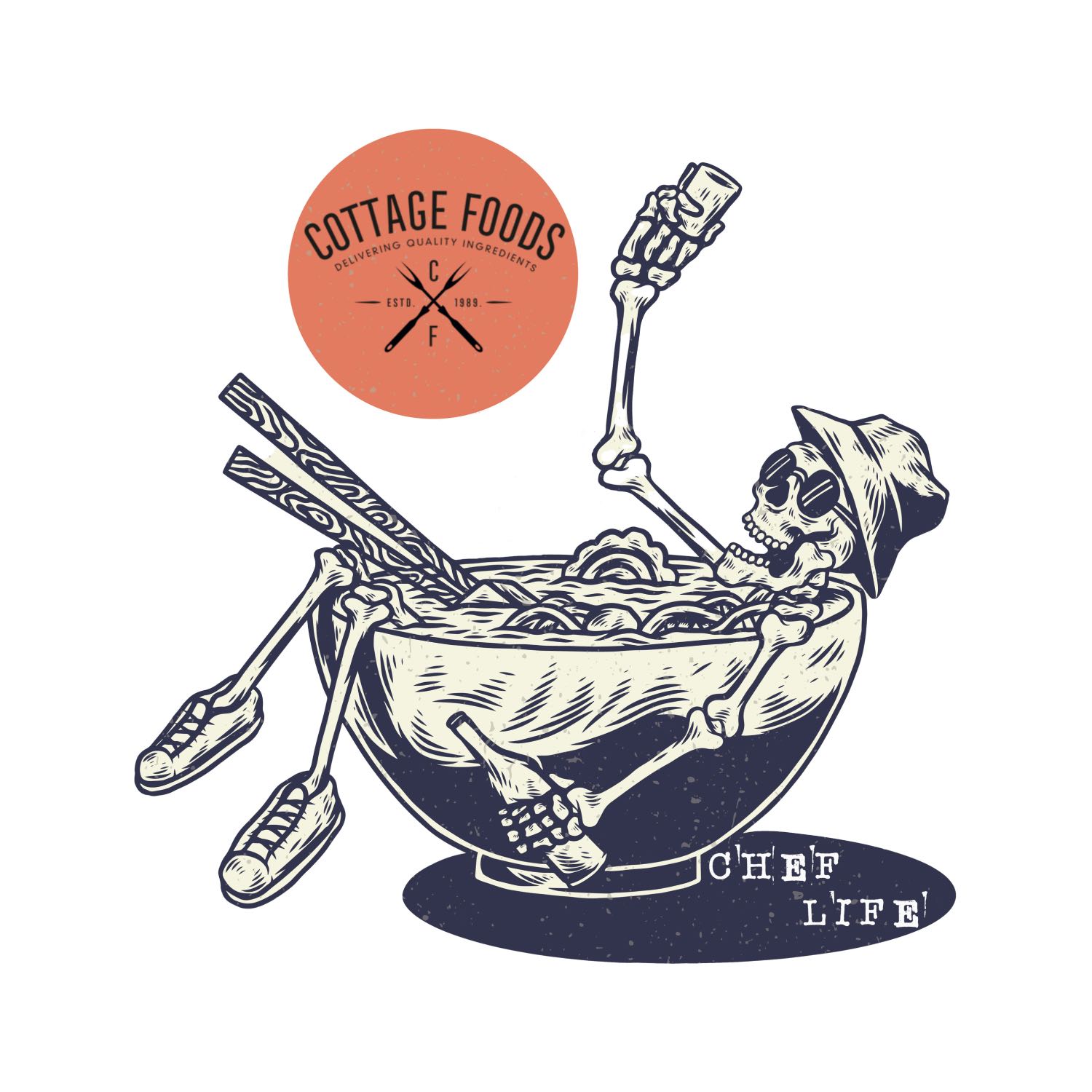- After-Shows
- Alternative
- Animals
- Animation
- Arts
- Astronomy
- Automotive
- Aviation
- Baseball
- Basketball
- Beauty
- Books
- Buddhism
- Business
- Careers
- Chemistry
- Christianity
- Climate
- Comedy
- Commentary
- Courses
- Crafts
- Cricket
- Cryptocurrency
- Culture
- Daily
- Design
- Documentary
- Drama
- Earth
- Education
- Entertainment
- Entrepreneurship
- Family
- Fantasy
- Fashion
- Fiction
- Film
- Fitness
- Food
- Football
- Games
- Garden
- Golf
- Government
- Health
- Hinduism
- History
- Hobbies
- Hockey
- Home
- How-To
- Improv
- Interviews
- Investing
- Islam
- Journals
- Judaism
- Kids
- Language
- Learning
- Leisure
- Life
- Management
- Manga
- Marketing
- Mathematics
- Medicine
- Mental
- Music
- Natural
- Nature
- News
- Non-Profit
- Nutrition
- Parenting
- Performing
- Personal
- Pets
- Philosophy
- Physics
- Places
- Politics
- Relationships
- Religion
- Reviews
- Role-Playing
- Rugby
- Running
- Science
- Self-Improvement
- Sexuality
- Soccer
- Social
- Society
- Spirituality
- Sports
- Stand-Up
- Stories
- Swimming
- TV
- Tabletop
- Technology
- Tennis
- Travel
- True Crime
- Episode-Games
- Visual
- Volleyball
- Weather
- Wilderness
- Wrestling
- Other
Salt: From the Kitchen to the Cosmos
Chapter 1:Summary of The Salt: A World History "The Salt: A World History" is a book by Mark Kurlansky that explores the profound impact salt has had on human civilization throughout history. This comprehensive work spans continents and centuries to delve into the significance of this ubiquitous mineral. Kurlansky begins with ancient China, where salt was a valuable commodity used for preserving food. He then takes us to the Mediterranean region, where salt played a crucial role in the rise and fall of empires, such as Rome. The author also discusses the salt trade routes across Europe and Asia, including the famous Silk Road. Furthermore, Kurlansky examines the influence of salt on economic development and political power struggles. Monopolies and taxes on salt have been used by rulers to control wealth and assert dominance over their subjects. The book highlights the pivotal role of salt in shaping societies and even fueling revolutions, as seen during the French Revolution when salt scarcity led to public outrage. Moreover, "The Salt" explores various techniques of salt production, from ancient methods like evaporation ponds to modern industrial processes. It delves into the environmental impacts and health consequences associated with salt mining and consumption. The book also provides insights into the cultural and culinary aspects of salt, discussing its importance in religious rituals, as a currency, and as a flavor enhancer in cuisine. Overall, "The Salt: A World History" provides an enlightening account of how something as simple as salt has profoundly influenced human history. Through captivating storytelling and extensive research, Kurlansky reveals the multifaceted dimensions of salt's impact on economies, politics, societies, and cultures around the globe. Chapter 2:The Salt: A World History Author Mark Kurlansky is an American author and journalist known for his works covering a wide range of topics, especially history and food. He was born on December 7, 1948, in Hartford, Connecticut. Kurlansky has written several acclaimed books that explore various aspects of history and culture. One of his most well-known works is "Cod: A Biography of the Fish That Changed the World" (1997), which delves into the impact of cod on world history, economies, and societies. This book helped establish his reputation as a writer who combines history, science, and cultural analysis. Another notable work by Kurlansky is "Salt: A World History" (2002), where he explores the role of salt in human civilization throughout different periods in history. He dives into how salt has influenced cultures, economies, and even conflicts, showcasing its importance across time and regions. Kurlansky's writing style often blends storytelling with meticulous research, making his books accessible to a wide range of readers. His ability to make seemingly mundane topics engaging and informative has garnered him a dedicated following. In addition to his books on food-related subjects, Kurlansky has also written about other historical events and socio-political issues. Some of his other notable works include "1968: The Year That Rocked the World" (2004), which examines the global protests and social upheaval during that pivotal year, and "Paper: Paging Through History" (2016), tracing the evolution and significance of paper throughout time. Chapter 3:Quotes From The Salt: A World History "Salt is so common, so easy to obtain, and so inexpensive that we have forgotten that from the beginning of civilization until about 100 years ago, salt was one of the most sought-after commodities in human history." "Wars have been fought over salt and salt taxes imposed. In places like Africa, the caravan routes were established -- and fortunes made -- by those who were willing to endure the hardships of a trip across the








![A Pinch of Salt [SSL 287]](https://podyard.s3.amazonaws.com/upload/photos/2023/09/BhF6xIhHAENmPIlu6iOo_25_5720108025c55a21705fefd1cb89d799_image.jpg)


